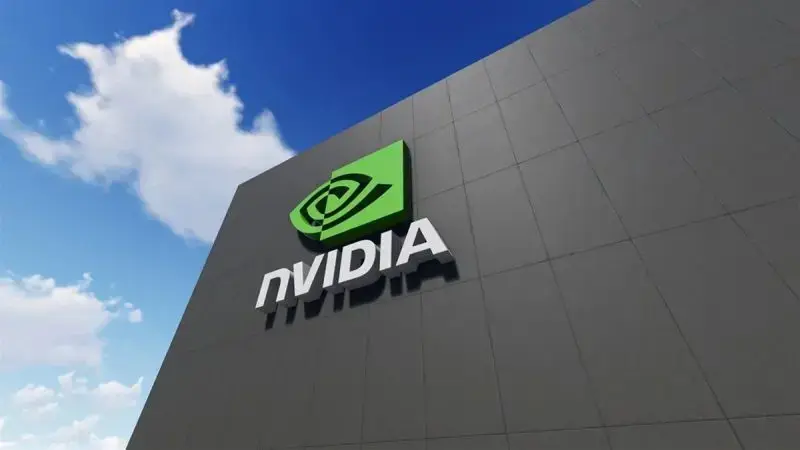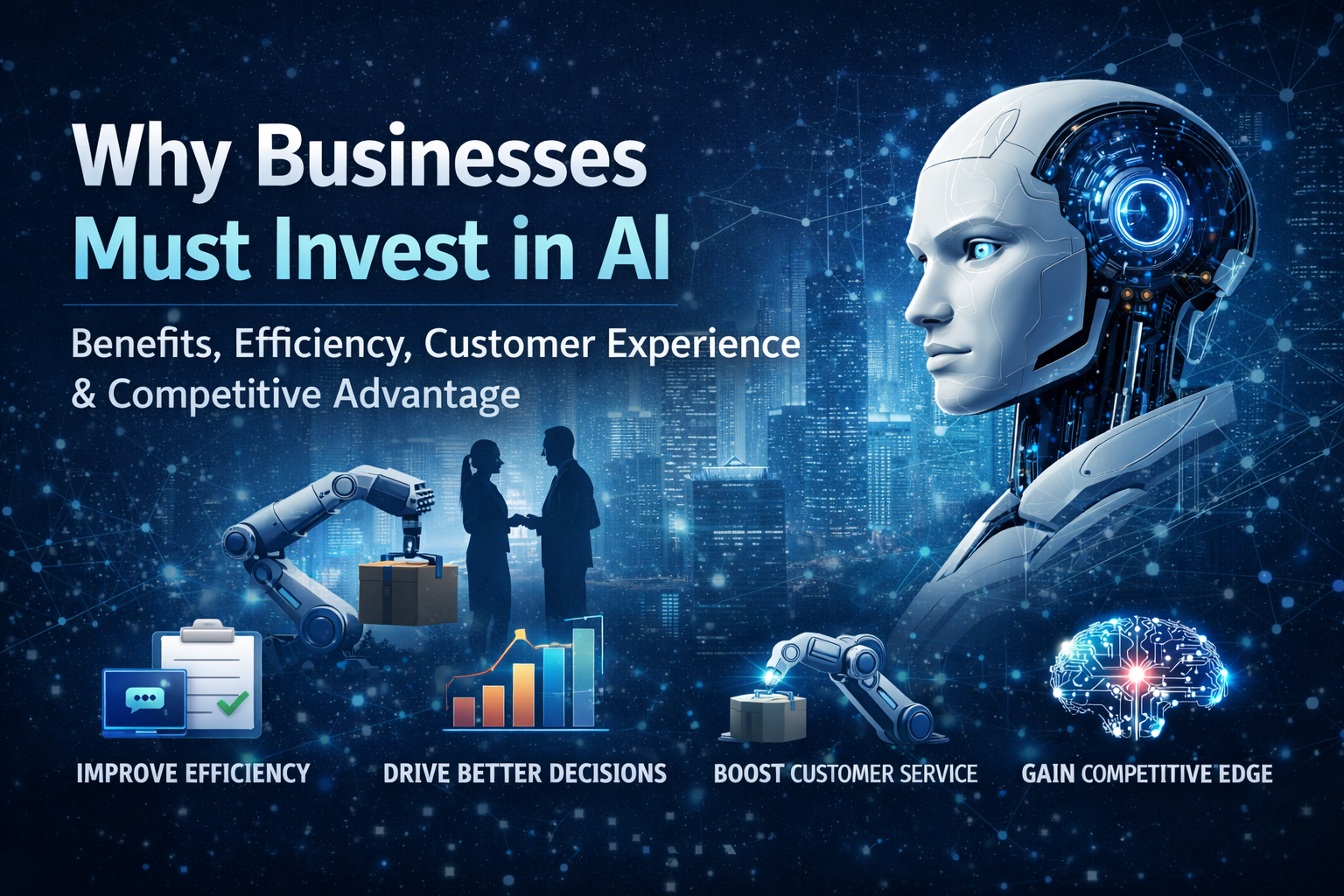Why Nvidia Matters Right Now
It’s not every day that a single company holds the power to move trillions in global markets — but in 2025, that company is Nvidia. With its Q2 earnings set to drop today, investors, tech leaders, and governments alike are watching closely.
Why? Because Nvidia is no longer just a chipmaker; it has become the backbone of the AI revolution.
The question looming over Wall Street and Silicon Valley is simple: can Nvidia sustain the momentum that propelled it to a $4 trillion market cap and made it the most valuable company on earth?
What’s Happening Today: Nvidia’s High-Stakes Earnings
- When: Nvidia releases Q2 earnings today, August 27, 2025.
- Expectations: Analysts project $45.8 billion in revenue, up 53% year-over-year, with earnings per share around $1.00 compared to $0.68 in the same period last year.
- Market Tension: U.S. stock futures remain flat ahead of the results as traders brace for volatility. Options markets suggest Nvidia’s results could swing its market cap by $260 billion in a single session.
- Why It’s Huge: Nvidia’s GPUs are the engine behind ChatGPT, Gemini, LLaMA, and virtually every generative AI tool. If its sales stumble, the entire AI market narrative could wobble.
How Nvidia Became the Heart of the AI Boom
Just five years ago, Nvidia was best known for powering gaming graphics and some high-end enterprise computing. Fast forward to 2025, and its H100 and B200 chips are the gold standard for training and deploying AI models.
- Data Centers & AI: More than 80% of large-scale AI training workloads today run on Nvidia silicon.
- Industry Reliance: Tech giants like Microsoft, Google, Meta, and Amazon Web Services depend heavily on Nvidia hardware for their AI clouds.
- Market Growth: The demand for AI infrastructure has turned Nvidia from a $300 billion company in 2020 into a $4 trillion behemoth today.
Yet this meteoric rise has sparked whispers of a bubble — with some analysts warning that Nvidia is “priced for perfection.”
Why This Earnings Report Matters More Than Most
1. It’s a Market Barometer
Nvidia isn’t just a stock; it’s a market signal. If it beats expectations, investors may double down on AI bets, fueling another wave of tech optimism. If it misses, the AI-fueled rally could sputter — dragging down everything from Big Tech stocks to smaller AI startups.
2. The Bubble Question
Tech now makes up nearly half of the S&P 500’s weight. Nvidia’s valuation alone has introduced risks of concentration. A major earnings miss could trigger a broad market correction.
3. Global Ripple Effects
From Taiwan’s TSMC (which manufactures Nvidia chips) to cloud providers reselling Nvidia-powered services, entire global supply chains are tethered to the company’s fortunes.

Can Nvidia Keep the Momentum?
- Supply Constraints: Despite soaring demand, chip supply remains tight. Competitors like AMD and Intel are pushing aggressively into the AI GPU market.
- Enterprise Adoption: MIT researchers recently suggested that while AI improves individual productivity, its corporate-level ROI remains murky. This raises the risk that enterprise spending may cool if results don’t meet expectations.
- Geopolitics & Regulation: U.S.–China tensions over semiconductor exports could also limit Nvidia’s addressable market in Asia.
Still, Nvidia has proven resilient. Its expansion into networking (InfiniBand), software ecosystems (CUDA), and even AI services suggests it’s playing the long game.
How This Affects You
- Everyday Users: Nvidia’s dominance means faster, smarter AI tools — from better chatbots to AI-powered apps on your phone. But if chip costs stay sky-high, subscriptions to AI services could remain expensive.
- Developers: Access to GPUs is everything. A strong earnings report likely means continued investment in Nvidia’s developer ecosystem (CUDA, TensorRT, DGX Cloud). A weaker one could slow cloud credits and AI startup support.
- Businesses & Startups: Companies betting heavily on AI infrastructure should watch Nvidia closely. A sustained surge in demand could raise costs, while a miss might signal a cooling period — useful for negotiating cloud and compute pricing.
- Investors: Nvidia’s report could determine short-term market direction. Traders already expect a historic swing, making today a high-risk, high-reward moment.
Lessons From Nvidia’s Rise
- Infrastructure Defines Revolutions
Just as railroads powered the Industrial Age and oil fueled the automotive era, Nvidia’s chips have become the rails of the AI economy. Investing in infrastructure often proves more durable than chasing end-user applications.
- Diversification Matters
Nvidia isn’t just about chips. Its expansion into networking, software, and AI services shows how dominance requires an ecosystem play.
- Beware of “Perfect” Valuations
Even the strongest companies face risk when valuations stretch too far. Understanding fundamentals remains key for long-term investors.
- Follow the Developer Community
Nvidia’s real moat isn’t just hardware — it’s the army of developers trained on CUDA. Ecosystem lock-in is a competitive edge other chipmakers struggle to replicate.
Final Thoughts
As the clock ticks down to Nvidia’s Q2 earnings, the company stands at a crossroads: will it confirm its role as the unstoppable engine of the AI era, or will cracks begin to show in the trillion-dollar narrative?
Either way, today’s results will ripple far beyond Nvidia’s balance sheet — they could reset investor confidence in AI itself.
What Do You Think?
Do you believe Nvidia can keep delivering blockbuster growth, or are we witnessing the peak of the AI chip boom?
👉 Share your take in the comments: Is Nvidia truly the “rails of AI,” or is Wall Street overhyping its role in the tech revolution?




.png)




